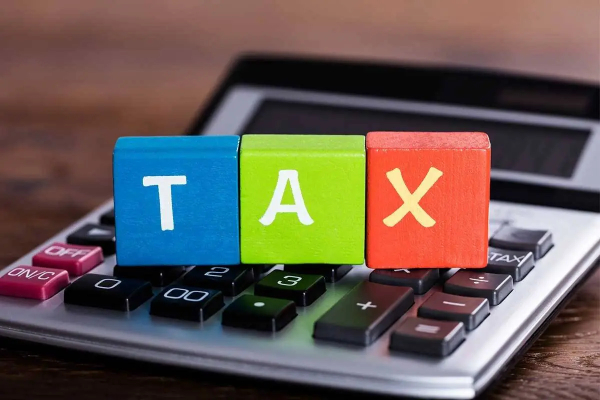In this article, we explore essential considerations to keep in mind prior to filing your income tax return.
Before filing your income tax return, it’s essential to be well-informed about the process. Most tax filing sites (ERIs) that are registered with the Income-tax Department (ITD) will now ask you for an OTP which will help these ERIs pull your data from the Department and cross-check the data like TDS etc. which the ITD already has.
This process reduces the time to file your income tax return and will ensure an accurate tax return. Apart from this, there are other aspects that can significantly impact your tax obligations and overall financial well-being. In this article, we delve into the important factors to remember before you submit your income tax return, providing you with valuable insights and tips to navigate the complexities of taxation with confidence.
Here’s all you need to know from the expert Saakar Yadav, Director & Founder, of myITreturn.com, Registered ERI of the Income-tax Department.
Before filing your income tax return, it’s important to note the following:
Collect all relevant documents such as Form 16 (provided by your employer), bank statements, investment statements, TDS certificates, rent receipts, and other supporting documents related to your income, expenses, and deductions. None of these documents need to be submitted to the ITD, though tax filing sites may ask for these if you have opted for assisted filing.
Ensure that your personal details such as name, address, PAN (Permanent Account Number), and Aadhaar number are correct and up to date. Any discrepancies should be rectified before filing the return. ERIs will check this automatically for you.
Select the appropriate Income Tax Return (ITR) form based on your income sources, residential status, and other criteria. Using the wrong form can lead to complications and delays in processing your return.
Double-check that all your income sources, including salary, interest, capital gains, and other earnings, are correctly reported. Verify the TDS (Tax Deducted at Source) details mentioned in your Form 16/16A and ensure they match with your Form 26AS (tax credit statement) and AIS (Annual Information Statement). ERIs offer services that will do this for you for a fee.
Identify and claim all eligible deductions and exemptions allowed under the tax laws.
Claim all the losses incurred during the Financial Year, as the losses will help save taxes in future years.
Provide accurate and active bank account details to facilitate tax refunds.
File your income tax return within the prescribed due date to avoid penalties or late filing fees. Filing within the due date allows you to carry forward your losses and file a revised return in case you have missed some information.
The final step after filing your income tax return is the e-verification of your income tax return. E-verification should be completed within 30 days of filing your income tax return. ERIs will prompt you automatically to where you need to enter an OTP.
If e-verification is impossible for you, you can submit the ITR-V acknowledgements. The form generally needs to be signed and sent via registered post to the Income Tax office, Bengaluru, within 30 days of filing your income tax return.
If a return is e-verified or ITR-V is submitted after 30 days, then your e-verification/ITR V submission date will be considered as your date of filing of the return, and you may end up paying a late filing fee/penalty. You will also be required to submit a condonation request for a delay in submission/e-verification of return.
After filing the return, keep a copy of the filed return (ITR-V acknowledgements) and all supporting documents safely.
If you are unaware of the tax laws, or not confident about filing a return, you can take help from a tax professional for filing a return or opt for an ERI.
Source By: indiatoday










